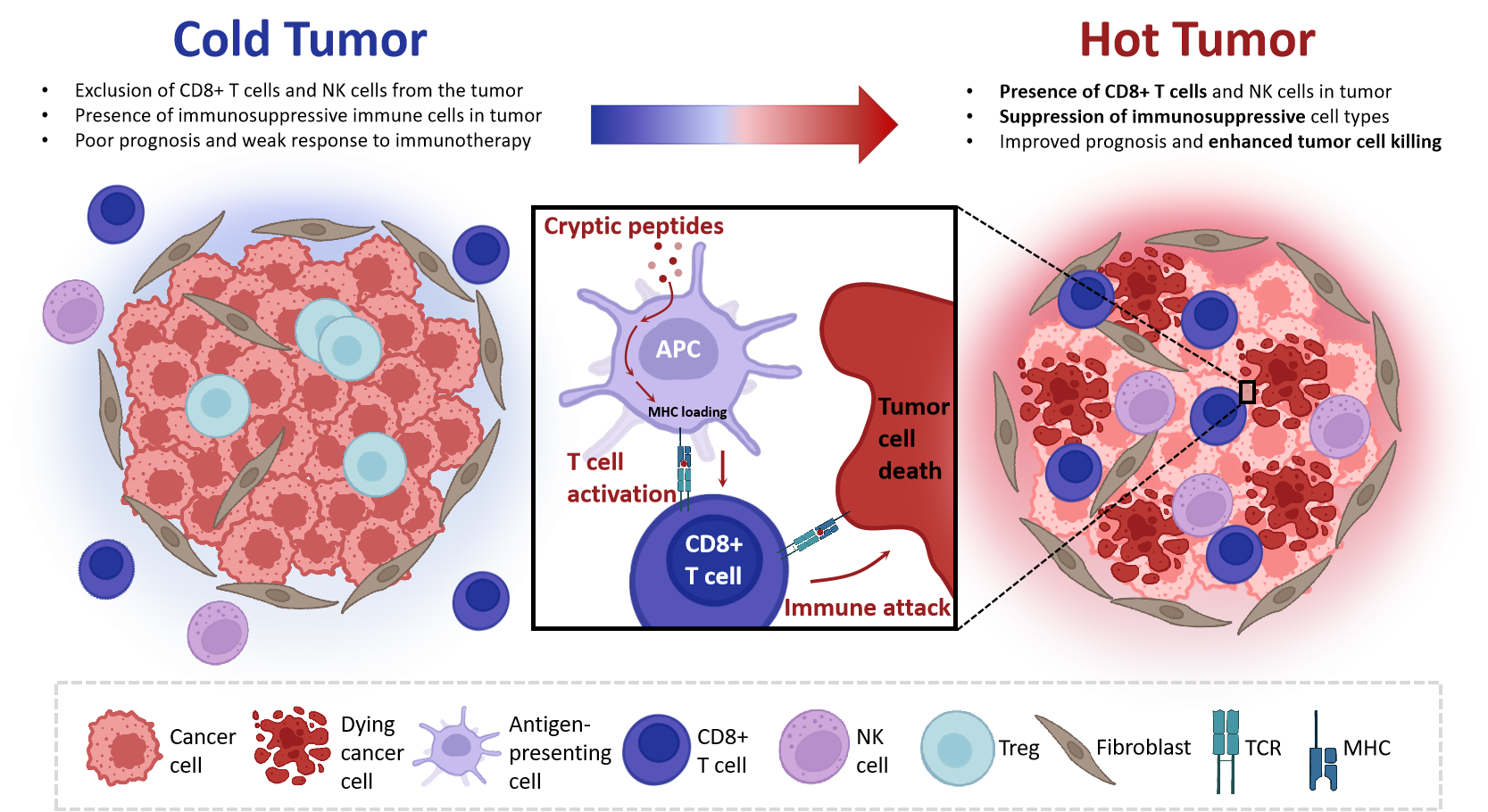Lentiviral Vector
Lentiviral vectors offer significant advantages in gene therapy, primarily due to their low immunogenicity and high efficiency in transducing both dividing and non-dividing cells. These vectors are non-replicative and non-pathogenic, with all virulence genes removed. Importantly, they provide long-term, stable expression of the transgene, making them suitable for a wide range of therapeutic applications.
Our innovative lentiviral vectors are designed to enable dendritic cells to train the immune system to target and destroy infected cellsor cancer cells.
By efficiently transducing dendritic cells, our vectors elicit a robust cellular immune response. Antigens are continuously presented through the endogenous pathway, leading to the physiological activation and maturation of key immune effectors. This process enhances the cytotoxic activity of T-cells, resulting in unprecedented therapeutic efficacy.
DNA FLAP - Mitosis-independent Replication of Lentiviruses
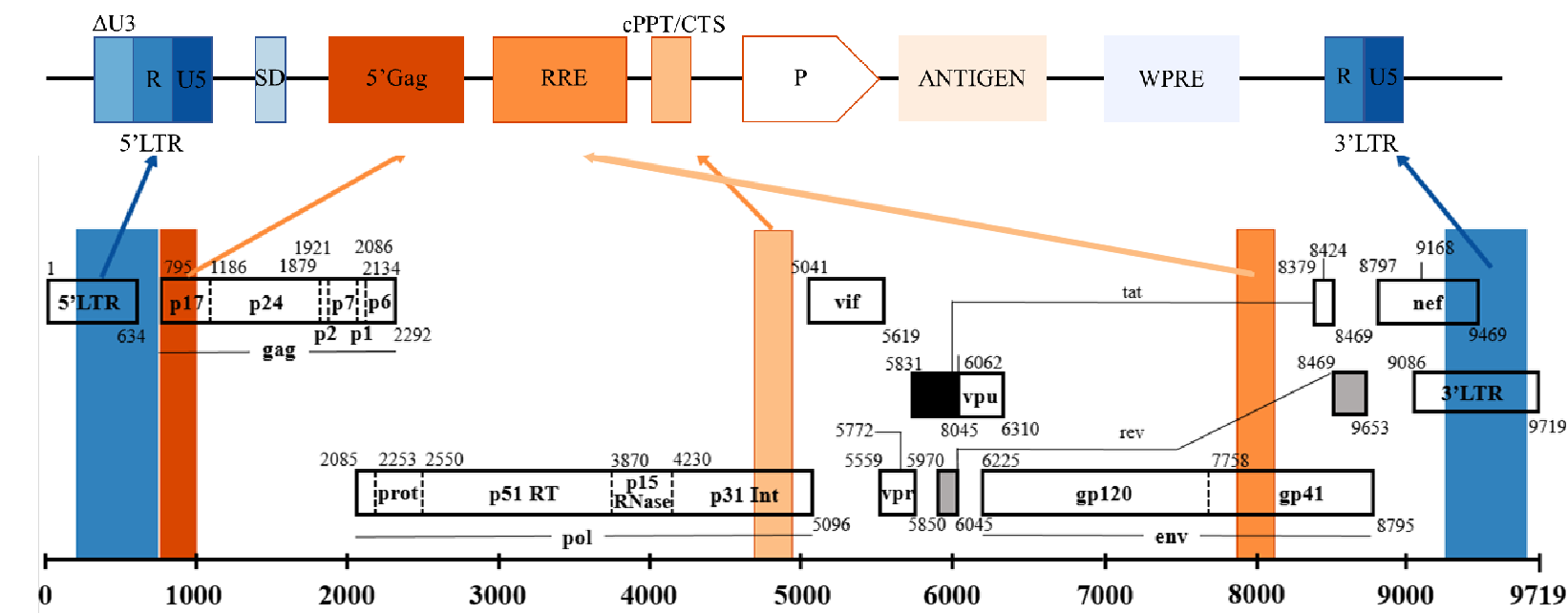

A lentiviral vector carries antigen genes from a pathogen or tumor cell.
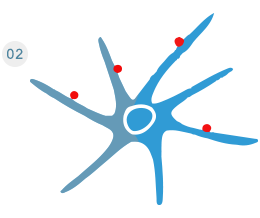
The lentiviral vector transcripts and releases the mRNA that encodes the antigen into the dendritic cell.
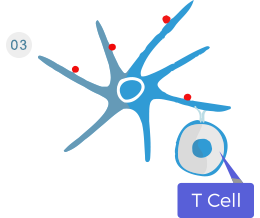
Dendritic cells presents the antigens to T cells.
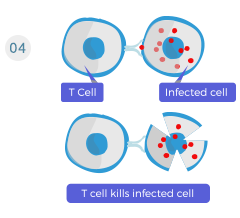
T cells recognize the antigens and kill the antigen-bearing cells (pathogens, infected or tumor cells).
Advantages
* Our vectors exhibit a strong proclivity for dendritic cells, the key cells for generating an effective T cell immune response.
* Equipped with DNA flap technology, our vectors can cross the nuclear membrane and deliver genes into the cell nucleus, allowing them to transduce non-dividing cells, such as dendritic cells.
* We offer both integrative and non-integrative vector options, providing flexibility for various therapeutic needs.
* Our vectors promote sustained antigen exposure through endogenous antigen presentation by dendritic cells, driving a robust T cell and antibody-mediated immune response.
* Our vectors stimulate a natural and potent immune response.
* Our vectors induce a strong, long-lasting memory response, along with regulatory control mechanisms that restore normal conditions once the pathogen or cancer cells are eliminated.
* Our vectors elicit a powerful T cell response, which is more effective than antibodies in targeting intracellular pathogens.
Applications
Infectious diseases immunotherapy
As key participant in projects led by the Ministry of Science & Technology and China National Health Commission, we are deeply committed to the challenging work of infectious disease prevention and control.
Currently, one of our most notable efforts is focused on the development of biopharmaceutical therapies for hepatitis B. This project has yielded a series of promising experimental results, demonstrating significant potential in addressing this widespread global health challenge.
We develop leading-edge therapies for various cancers by combining next-generation In-Silico Neoantigen identification methods with built-in lentiviral vector-based platform.
The current oncological indications are liver and prostate cancer therapies which are personalized treatment through targeting specific genetic aberrations harbored by each patient's tumor.
